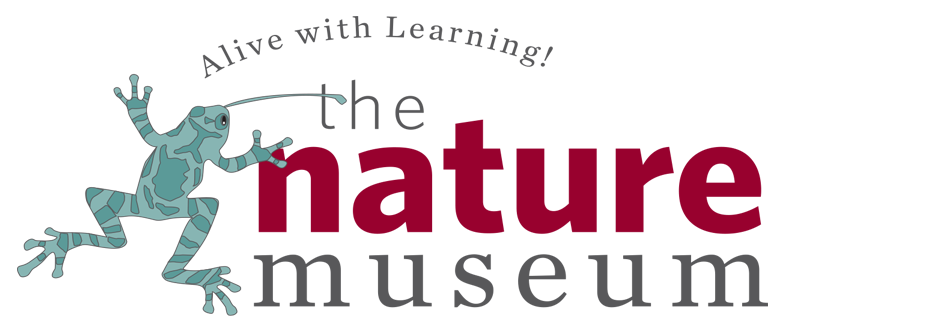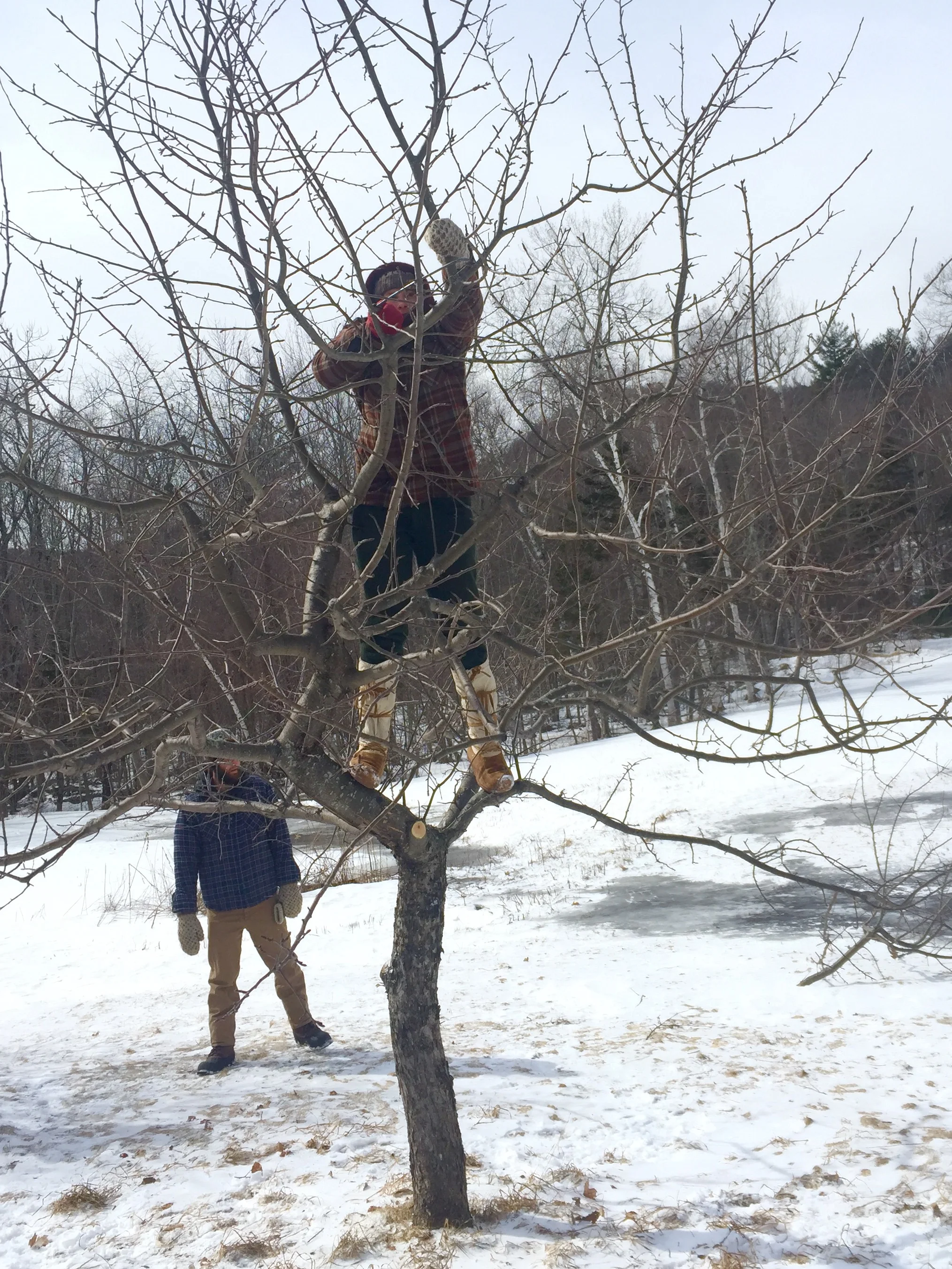Adult Speaker Series Update: An Enriching Weekend with Michael Phillips
Last Friday evening we welcomed Michael Phillips for an information-packed talk, followed by a field intensive on Saturday morning. Both were made possible by the generous support of Jeff Hanavan and Kate Lunde of Soul Song Farm in Chester, Vermont.
A full audience was on hand Friday night in Chester to glean as much as they could from Phillips over the course of his two-hour talk on what it means to grow apples, berries, and other fruits holistically. Phillips is the author of several books, including The Holistic Orchard: Growing Tree Fruits and Berries the Biological Way and his very latest Mycorrhizal Planet: How Fungi and Plants Work Together to Create Dynamic Soils.
Board President Laurie Danforth and Michael Phillips at the Friday night talk
When not traveling the country on speaking engagements, he's busy operating Lost Nation Orchard, a community orchard at Heartsong Farm, which he runs with his wife Nancy in Groveton, New Hampshire.
There was something for everyone in Phillips's comments; at times he dispersed tips and "ah-ha" moments in rapid succession. For the beginners in the audience, he stressed that he was sending out seeds of information and that it was unnecessary to take it all in and understand it all right away. And there was a lot to take in.
One of Phillips's central themes was that of diversity, including the importance of facilitating mycorrhizal growth in close proximity to your trees due to the symbiotic relationship between the mycorrhizal fungi and feeder roots.
On Saturday morning, an intimate group gathered at Soul Song Farm for a hands-on field intensive. The group was eager to soak up Michael’s refreshing permaculture tools to better steward the land. Outside the wind was whipping it up on the frozen landscape (6 degrees!). Meanwhile, inside there was a marked hum of fifteen folks chatting and connecting around Michael’s permaculture practices for growing fruit.
The group talked for two hours indoors before even stepping foot in the field to prune fruit trees. Michael covered in depth so many ways to work with (rather than against) nature to grow more fruit. We learned that looking at plants and animals in all their functions, rather than treating fruit as a single product area, benefits us all, including our backyard gardens, however small or large they may be.
Thank you again to Jeff Hanavan and Kate Lunde’s for sharing their passion for building a better community with The Nature Museum's eager audience. This generous collaboration facilitated a stimulating weekend of learning around the sustainability themes of self-maintained habitats and agricultural systems sculpted from natural ecosystems.
Were You There?
We want to hear about your experience and your ideas for future events.









